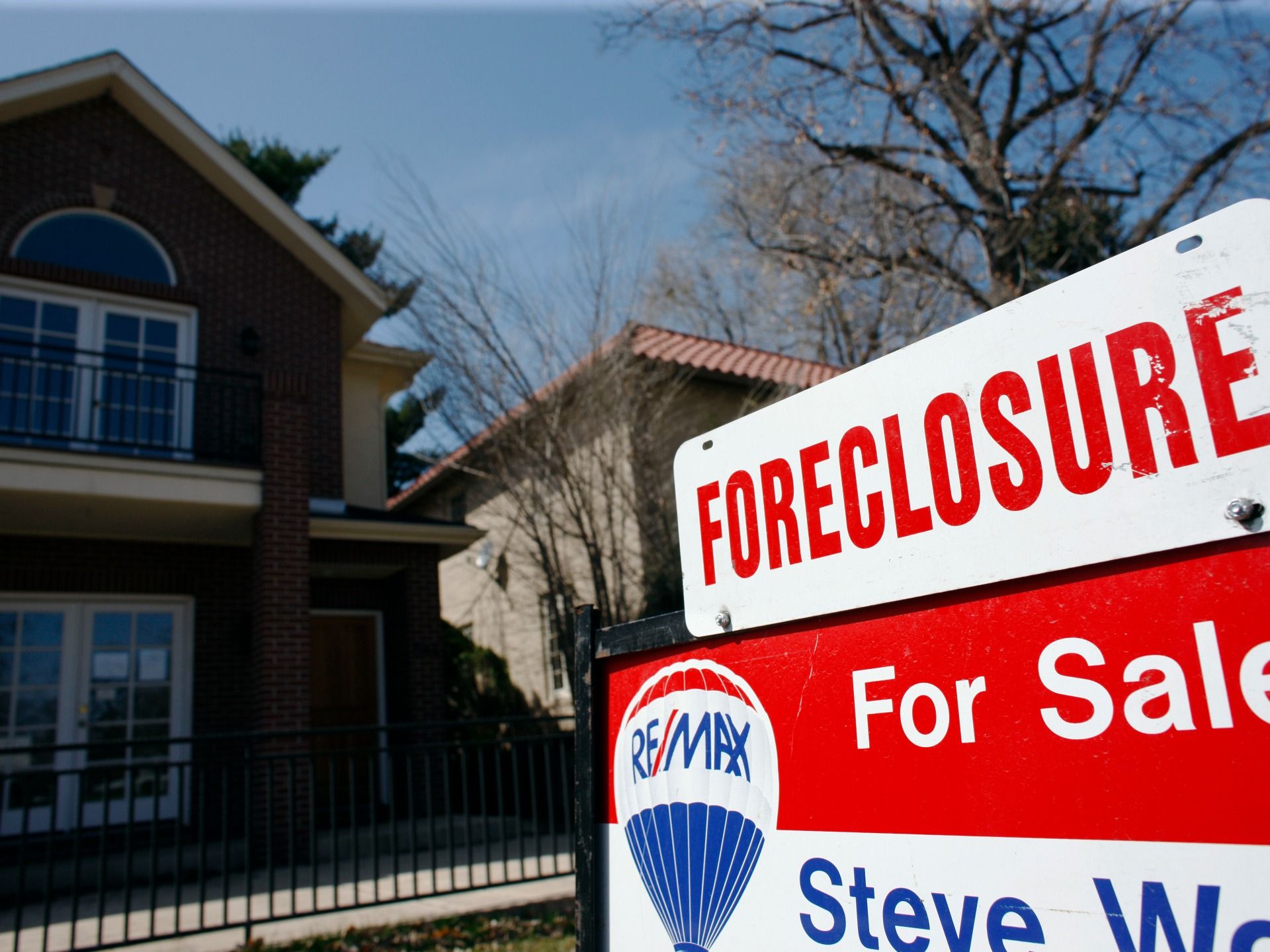US Housing Market Slump Deepens
The US housing market slump deepened in November as sales slowed for the tenth consecutive month, the longest stretch on record since 1999.

Facts
- The US housing market slump deepened in November as sales slowed for the tenth consecutive month, the longest stretch on record since 1999.
- The National Association of Realtors said today that existing home sales fell 7.7% from October to November to a seasonally adjusted annual rate of 4.09M, which is below expectations. Housing sales fell 35.4% from a year earlier, the steepest decline since May 2020.
- The housing market boomed early in the pandemic, which drove up prices. Now, even with demand down, supply remains tight, keeping home prices elevated, however, the rate of increase is slowing.
- Despite the slowdown, home prices continued to rise last month, albeit at a slower pace than earlier in the year. The median sales price for new and existing homes rose 3.5% from November 2011 to $370,700 — with nearly a quarter of homes selling above their asking price.
- The average rate on a 30-year mortgage has more than doubled in the past year, rising to 6.31% in early January from 3.12% in early January 2021, according to Freddie Mac.
- The Federal Reserve has consistently signaled its intent to keep raising short-term rates in a bid to reduce the most rampant inflation in decades, thus making it more difficult for potential homebuyers to qualify for a mortgage.
Sources: Wsaz, Associated Press, Reuters, Al Jazeera, US News, and Abc.
Narratives
- Establishment-critical narrative, as provided by NY Times. The Federal Reserve's aggressive rate hiking cycle is going to cause serious damage to the economy, and its inflation targets are no longer credible. The Fed's current plan is going to push the US economy into a recession — they are underestimating the risk of recession while overestimating the risk of inflation as a way of justifying their hawkish rate increases.
- Pro-establishment narrative, as provided by Al Jazeera. Increased apartment building construction may lead to a decrease in rent, which could help lower inflation. That could pave the way for the Fed to ease up on its campaign to increase rates, which may also moderate mortgage rates. The Fed is carefully calibrating its approach based on rapidly changing conditions.






